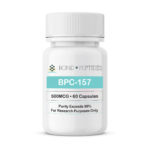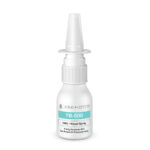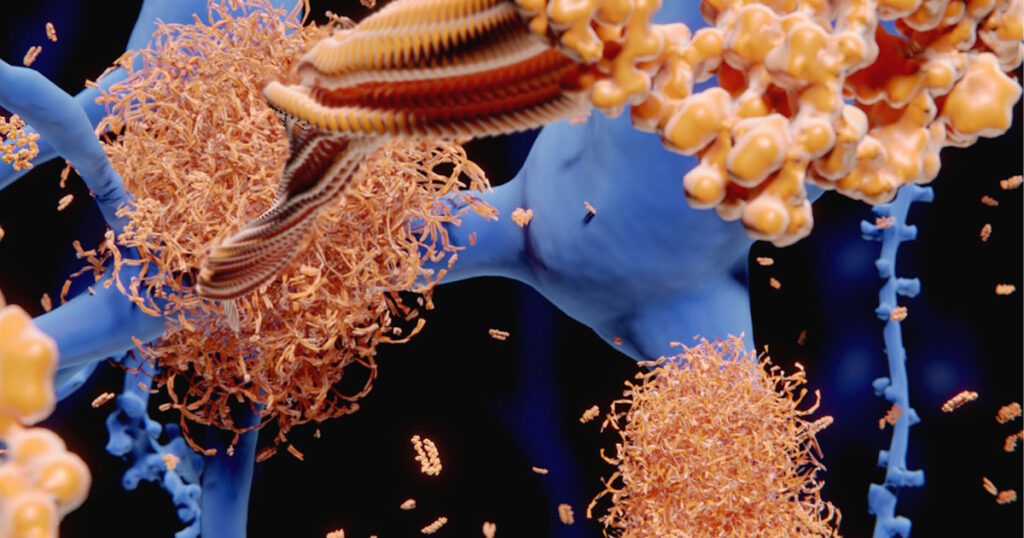Peptides are short chains of amino acids that have a wide range of applications in research, medicine, and supplements. Their effectiveness and stability depend on significantly on proper storage, both before and after they are reconstituted. This blog will provide detailed guidelines on how to store peptides in various forms including vials, capsules, and nasal sprays, ensuring their integrity and efficacy.
1. Storing Peptides in Vials: Before and After Reconstitution
Before Reconstitution:
- Temperature Control: Store peptides in a dry, cool environment, typically at 2-8°C (35-46°F). For long-term storage, peptides in powder form should be kept frozen at -20°C (-4°F) or colder.
- Protection from Light: Peptides are sensitive to light, which can degrade them. Keep them away from direct light.
- Avoid Moisture: Ensure that peptide vials are sealed tightly. Moisture can lead to degradation and reduce efficacy.
After Reconstitution:
- Refrigeration: Once reconstituted with a suitable solvent (commonly sterile water or bacteriostatic water), peptides should be stored in the refrigerator and used within 1-2 weeks to maintain their stability.
- Prevent Contamination: Use sterile techniques when withdrawing peptides from vials. Introducing contaminants can lead to degradation or bacterial growth.
- Avoid Repeated Freeze-Thaw Cycles: If you must freeze reconstituted peptides, divide them into aliquots to avoid multiple freeze-thaw cycles that can degrade the peptides.

2. Storing Peptide Capsules
Before Use:
- Cool and Dry Conditions: Store capsules in a cool, dry place away from direct sunlight. Room temperature is typically adequate unless specified otherwise by the manufacturer.
- Original Packaging: Keep capsules in their original packaging to protect them from air and humidity, which can affect their integrity.
After Opening:
- Seal Properly: After opening the container, make sure to close it tightly after each use to avoid exposure to air and humidity.
- Use Desiccants: Sometimes, it might be beneficial to use a desiccant in the container to help control moisture and keep the peptides dry.
3. Storing Peptides in Nasal Sprays
Before Use:
- Check Storage Instructions: Nasal sprays may have different storage requirements depending on their formulation. Always check the label for specific storage instructions.
- Refrigeration May Be Required: Some peptide nasal sprays need to be refrigerated, while others should be kept at room temperature away from direct sunlight and heat.
After Use:
- Follow Expiration Date: Observe the expiration date closely as the effectiveness of the peptide might decrease after this period.
- Keep Upright: Store nasal sprays in an upright position to prevent leakage and ensure the delivery mechanism remains effective.
Conclusion
Proper storage of peptides is crucial to maintain their stability and efficacy. Whether you are dealing with vials, capsules, or nasal sprays, understanding and following the correct storage procedures before and after reconstitution will ensure that your peptides are protected and perform as expected. Remember, always consult specific guidelines provided by your peptide supplier or manufacturer for the best storage practices.






